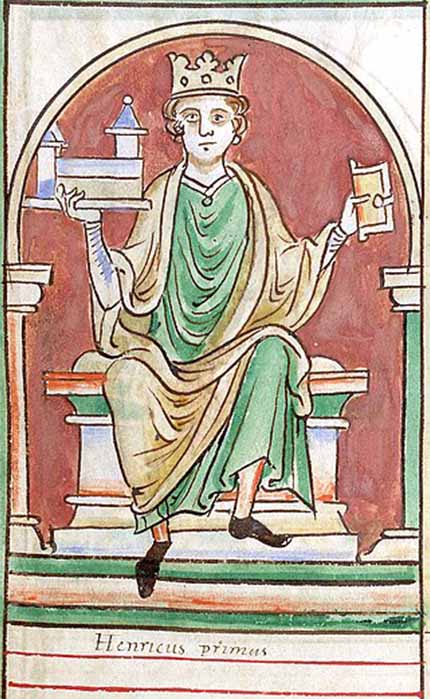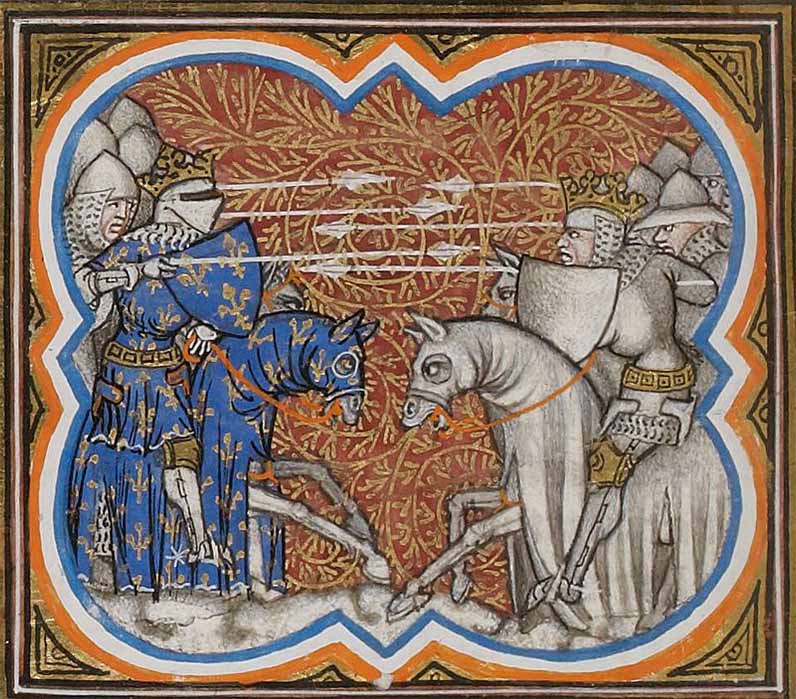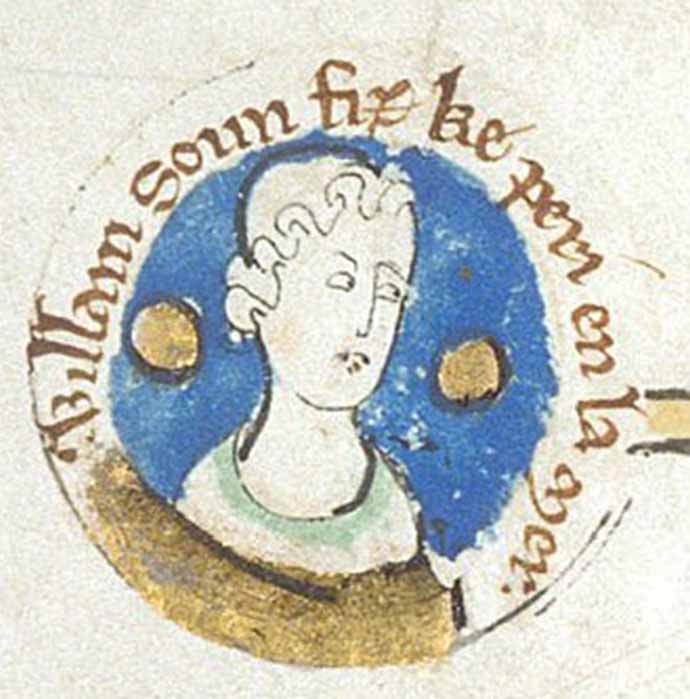
Changing England’s History: Sudden Death Of The Heirs Apparent
The English crown is hereditary. Over the centuries, the succession has been largely determined by both blood and the accidents of birth. This has given rise to some glorious reigns, such as that of the war-like Henry V, hero of the Battle of Agincourt, and some not so glorious, like Henry V’s hapless son and heir, Henry VI, whose reign saw the outbreak of the civil war known as the Wars of the Roses. Over time, rules of succession have developed to ensure a smooth succession and to prevent the turbulence that uncertainty brings, namely political upheaval and civil war. The heir was groomed with the expectation that he or she would one day take the throne but the vagaries of life, such as premature death or political upheaval, often saw these plans come undone, resulting in the appointment of a new heir. At a time when a monarch not only reigned but ruled, or when the identity of the heir was not contested, this could have disastrous consequences for the country and changed the course of English history.

King Henry I of England in Chronicle of Matthew Paris (1236-1259). British Library (Public Domain)
William Aetheling and the Anarchy
King Henry I had every reason to be in a triumphant mood as he stood on the bustling docks of Barfleur in Normandy, supervising preparations for the return voyage to England. It was November 25, 1120 and, after years of intermittent war, he had finally settled peace with his enemy, King Louis VI of France, to his satisfaction. The cause of the enmity between the rulers was due to the fact that Henry, as a king himself, refused to pay homage to Louis for the duchy of Normandy, the family patrimony which Henry had seized from his elder brother, Robert II, Duke of Normandy, back in 1106. As a result, Louis had formed a coalition with Henry’s other enemies on the continent, including Fulk, Count of Anjou, the Counts of Flanders and disgruntled Normans, and had thrown his support behind Duke Robert’s young son and heir, William Clito, in a bid to win him the duchy. Things had come to a head in August 1119 when Henry defeated Louis and William Clito at the Battle of Brémule. After drawn out negotiations, peace had finally been settled. Louis recognised Henry’s only legitimate son, William Aetheling, as heir to Normandy and withdrew his support from William Clito who was forced into exile. Fate, however, was about to deal Henry a dud hand and all his hard work was about to come crashing down around him.

King Louis of France facing King Henry of England at the Battle of Bremule (Public Domain)
Amid preparations, Henry was approached by a ship’s captain named Thomas who claimed to be the son of the captain who had commanded the ship that had brought Henry’s father, William the Conqueror, to England in September 1066 for what would be the Norman Conquest of England. Thomas offered the King his services, telling Henry that he had a sleek vessel that would speedily glide him home, named the White Ship. Henry thanked the man but, with a ship already fitted out for him, he gave Thomas permission to carry his pride and joy, and heir, William Aetheling and the other young sons and daughters of the nobility, home.

William Aetheling (Public Domain)
William Aetheling was 17 years old at the time. Born in 1103, he had been brought up with a view to one day succeeding his father in England, and from 1106, to Normandy as well. He was recognised as heir to England in 1116 and to Normandy in 1115. As heir to the throne, William was a political tool to be used by his father. In order to divide and conquer Louis’ coalition, Henry offered William’s hand to Count Fulk’s daughter and the two married in June 1119. After the marriage, William remained on the Continent for the rest of his short life until that fateful night when he climbed aboard the doomed White Ship.




